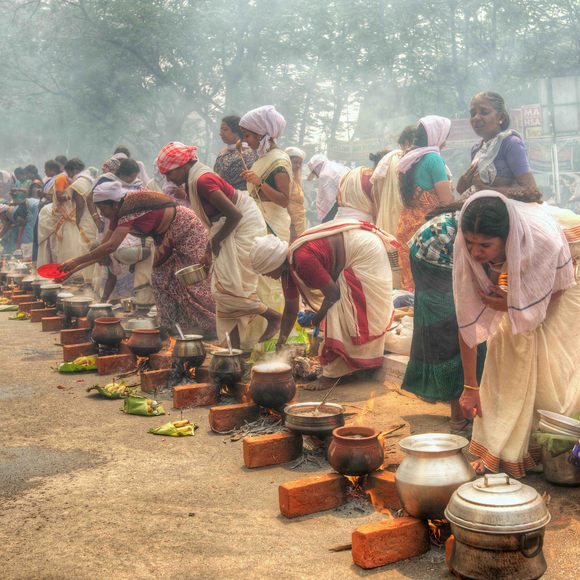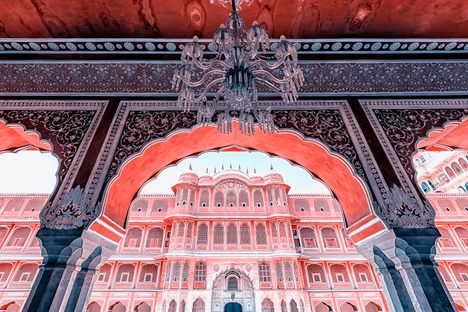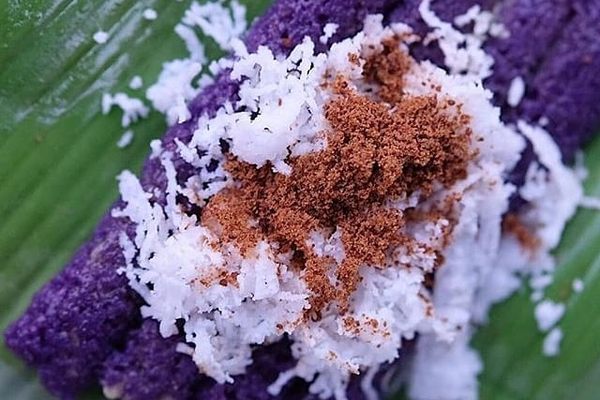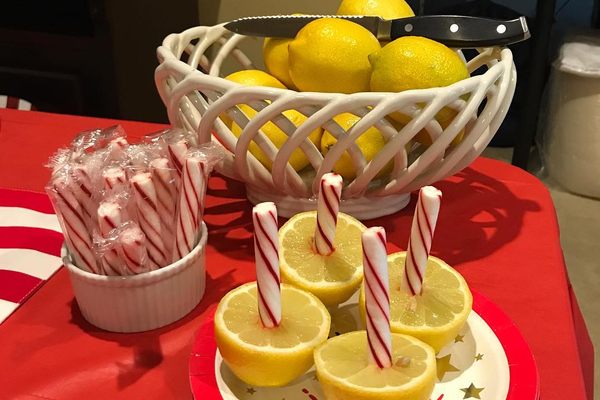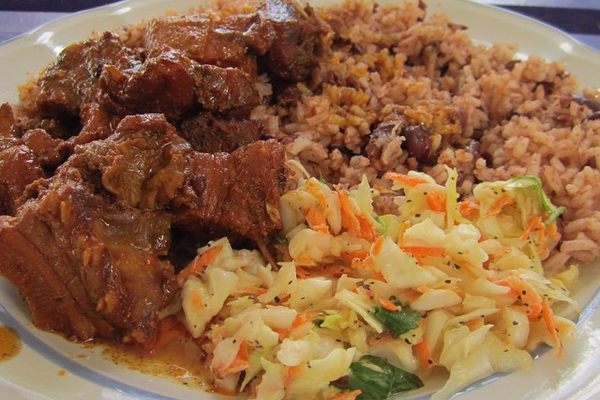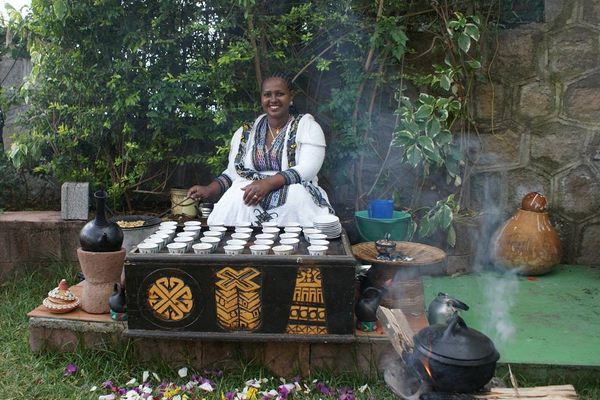On most days, women in Thiruvananthapuram, the capital city of Kerala, India, are not safe alone on the street after dark. But on the ninth day of Attukal Pongala, a festival dedicated to the Hindu goddess Bhadrakali, four million women from all over the country fill 15 miles’ worth of the city’s streets for almost 24 hours. This spiritual gathering of females—considered to be the largest in the world—centers around an offering made to the goddess, who also goes by Attukal Amma (or “Mother”). Her desire? A simple rice pudding.
Made with clarified butter (ghee), coconut, rice, and an unrefined cane sugar called jaggery, the offering is inexpensive and possible for all castes of women to assemble. In fact, it was Dalit (an “untouchable” caste) women who first practiced the event. Every year, each participant chooses a new cooking vessel, usually a small clay pot. (Some even prepare more than one pot of pudding for the goddess, despite limited space and extreme heat.) Then, they gather to grate coconut, wash rice, chant, pray, and prepare.
At the sounding cue of a loudspeaker, each participant strikes a match, lights their fire, and prepares Pongala for Attukal Amma. It’s clear that the goddess has accepted the offering when the pot overflows. After the completion of the ceremony, celebrants share rice pudding, priests emerge to sprinkle holy water in clay pots, and men reappear to give weary pilgrims—their mothers, sisters, daughters, and wives—rides home.
Written By
 rachelrummel
rachelrummel



